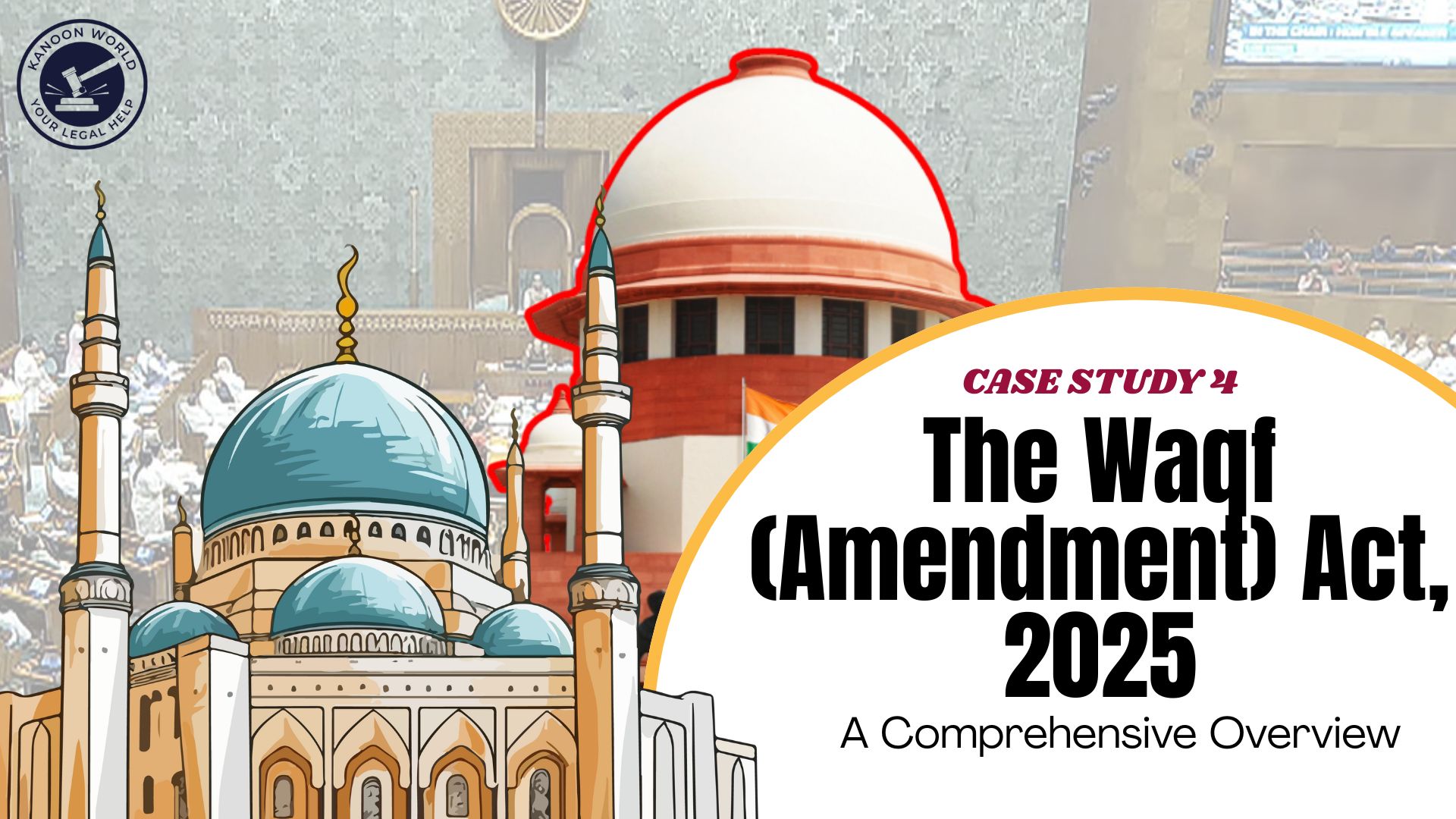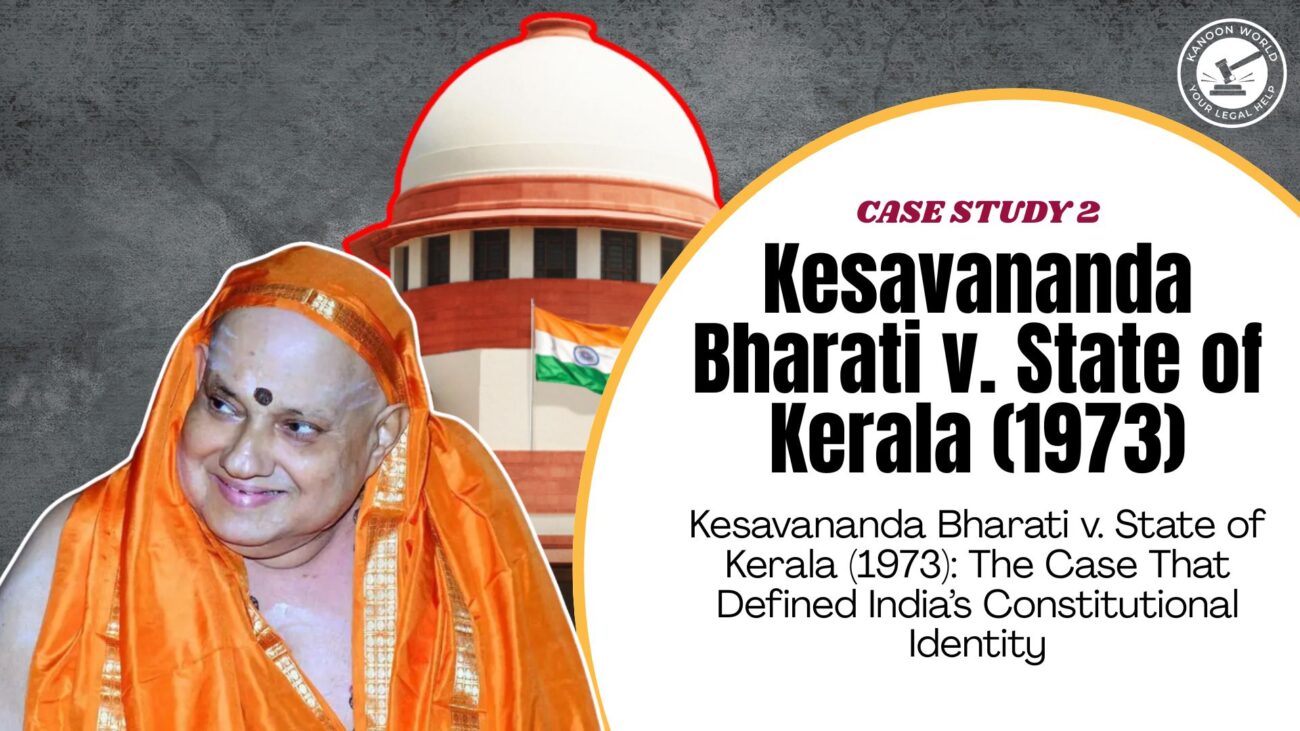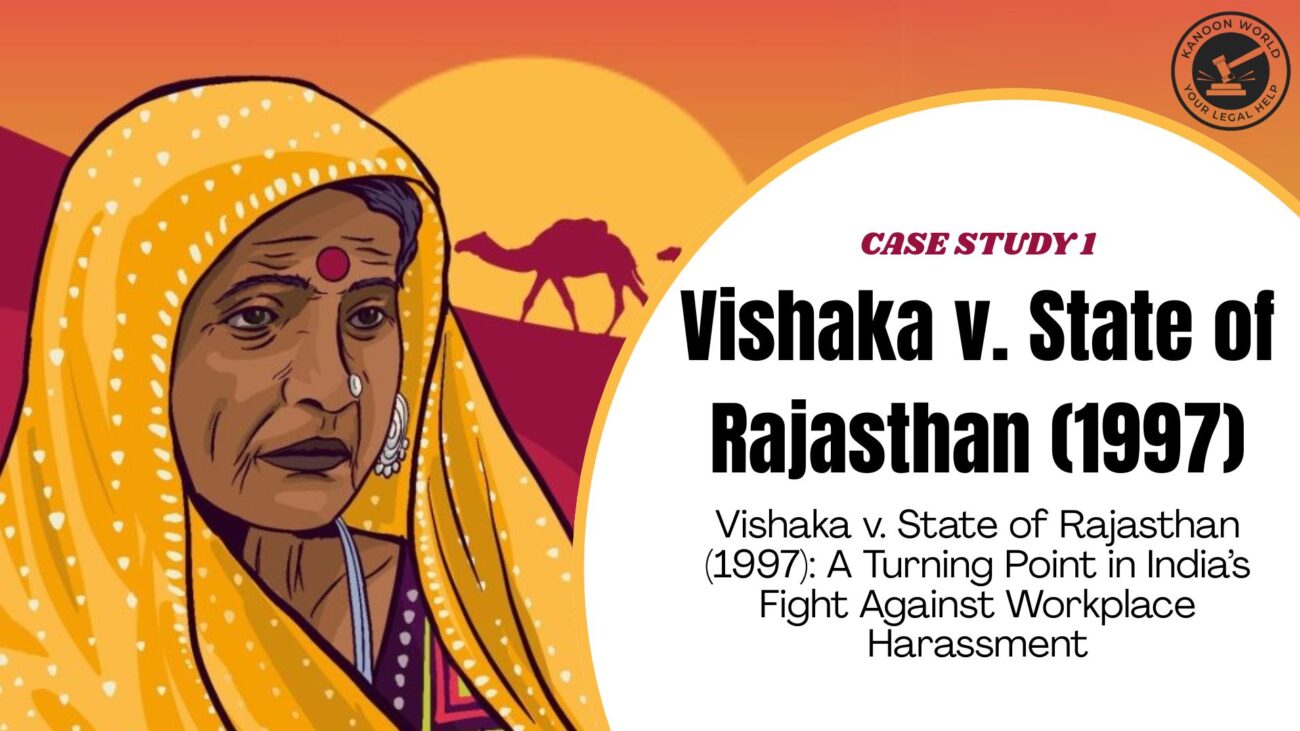Introduction
The Waqf (Amendment) Act, 2025, officially titled the Unified Waqf Management, Empowerment, Efficiency and Development Act (UMEED Act), represents a significant overhaul of India’s waqf property governance. Passed by Parliament and receiving Presidential assent in April 2025, the Act aims to enhance transparency, inclusivity, and efficiency in managing waqf properties. However, it has also sparked debates concerning minority rights, religious autonomy, and governmental oversight.
Historical Context
Waqf, an Islamic endowment of property for religious or charitable purposes, has been a longstanding institution in India. The Waqf Act of 1995 provided a legal framework for managing these properties. Over time, challenges such as mismanagement, lack of transparency, and disputes necessitated reforms, leading to the introduction of the Waqf (Amendment) Bill in August 2024. After extensive deliberations, including inputs from a Joint Parliamentary Committee, the bill was enacted in April 2025.
Key Provisions of the Amendment
- Renaming and Rebranding
- The Act renames the Waqf Act, 1995, as the Unified Waqf Management, Empowerment, Efficiency and Development Act (UMEED Act), reflecting a comprehensive approach to waqf management.
- Inclusivity in Waqf Boards
- The composition of State Waqf Boards has been altered to include representation from various Muslim sects (Shia, Sunni, Bohra, Agakhani) and other backward classes. Notably, the Act mandates the inclusion of at least two Muslim women, promoting gender inclusivity. Additionally, non-Muslim members can now be part of the boards, a move aimed at broader representation but one that has raised concerns about religious autonomy.
- Streamlining Waqf Property Registration
- A centralized digital portal has been introduced for the registration and management of waqf properties, aiming to enhance transparency and reduce disputes.
- Removal of ‘Waqf by User’
- The Act omits the provision of ‘waqf by user,’ which previously allowed properties to be recognized as waqf based on long-term usage by the Muslim community. Critics argue this change may affect properties lacking formal documentation.
- Empowerment of Government Officials
- The functions of the Survey Commissioner have been delegated to the Collector or a Deputy Collector, centralizing authority and potentially expediting decision-making processes.
- Legal Reforms
- The Act introduces a restructured tribunal system with provisions for appeals to the High Court within 90 days. It also makes the Limitation Act, 1963, applicable to waqf properties, potentially affecting the recovery of encroached properties.
For more detailed information, refer to this https://www.minorityaffairs.gov.in/WriteReadData/RTF1984/1743763149.pdf
Support and Justifications
Proponents of the Act, including the government, argue that these reforms are essential for:
- Enhancing Transparency and Accountability
- Digitization and centralized management are expected to reduce corruption and mismanagement.
- Promoting Inclusivity
- Inclusion of diverse sects and women aims to democratize waqf management.
- Streamlining Legal Processes
- Reformed legal structures are intended to expedite dispute resolution and property recovery.
Criticisms and Concerns
Despite its objectives, the Act has faced significant criticism:
- Erosion of Religious Autonomy
- The inclusion of non-Muslims in waqf boards is viewed by some as an infringement on the community’s right to manage its religious affairs.
- Potential Loss of Waqf Properties
- The removal of ‘waqf by user’ may lead to the derecognition of properties traditionally considered waqf, especially those without formal documentation.
- Government Overreach
- Empowering government officials in waqf matters raises concerns about increased state control over religious endowments.
- Legal Challenges
- The applicability of the Limitation Act could hinder the recovery of encroached waqf properties, as claims may now be time-barred.
Legal Challenges and Public Response
The Act’s constitutionality has been challenged in the Supreme Court, with petitioners arguing that it violates the rights of the Muslim community to manage their religious institutions. Public protests and debates have emerged, highlighting the need for a balanced approach that respects religious autonomy while ensuring transparency.
Conclusion
The Waqf (Amendment) Act, 2025, represents a significant shift in the governance of waqf properties in India. While it aims to introduce transparency and inclusivity, concerns about religious autonomy and government overreach persist. A nuanced approach, involving dialogue with stakeholders, is essential to ensure that the Act’s implementation aligns with its intended objectives without infringing on constitutional rights.








